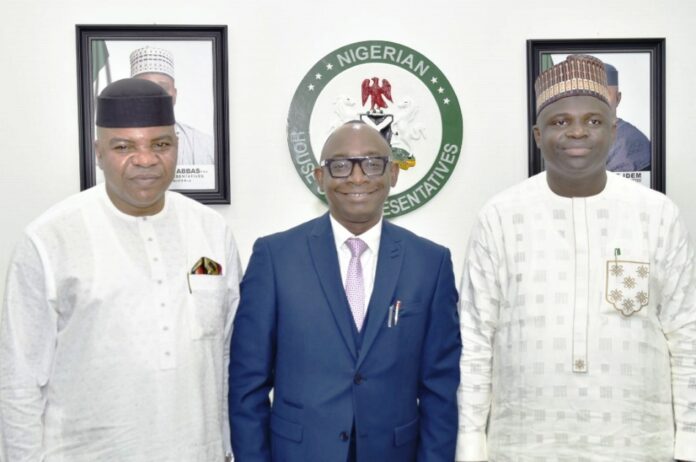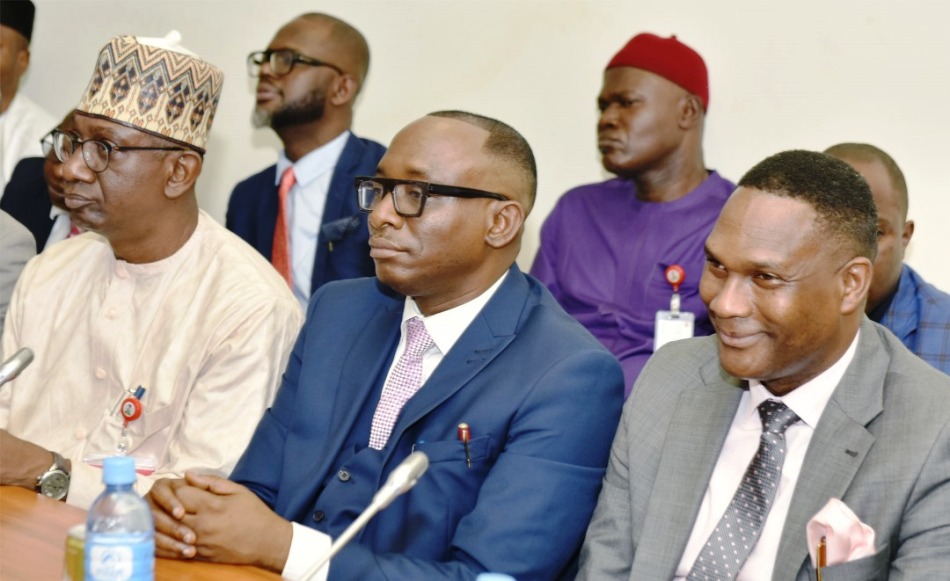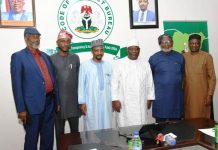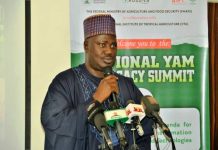
The Bureau of Public Procurement (BPP) presented its 2025 budget proposal to the House of Representatives Committee on Public Procurement, led by its newly appointed Director-General, Dr. Adebowale A. Adedokun. This marks the first budget defense under Dr. Adedokun’s leadership since his appointment on November 14, 2024, by His Excellency, President Bola Ahmed Tinubu.
In his address, Dr. Adedokun expressed gratitude to the Chairman, Hon. Unyime Idem, and the Committee members for the opportunity to present the Bureau’s 2025 budget proposal. He emphasized his commitment to transforming public procurement practices in Nigeria, aligning with the mandate of the BPP as the regulatory authority established by the Public Procurement Act (PPA) of 2007.
Achievements of the BPP
Dr. Adedokun highlighted significant milestones achieved by the Bureau, including:
Savings of N1.9 Trillion: Through price intelligence mechanisms and prior review of procurement activities, the Bureau has saved the Federal Government over N1.9 trillion, which would have otherwise been lost to inflated costs.
Revenue Growth: Compliance mechanisms have bolstered government revenues by ensuring that contractors meet tax, pension, and social security obligations, benefiting agencies like FIRS, PenCom, and NSITF.
Capacity Building: The Bureau has trained over 7,000 government officials and certified about 4,000 procurement officers. It has also established public procurement research centers and centers of excellence in federal universities across the country.
Despite these successes, Dr. Adedokun noted several challenges hindering the Bureau’s efficiency, including:
Inadequate Funding: Insufficient funds have limited key operations such as procurement audits, training, and stakeholder sensitization.
Office Space Constraints: The Bureau’s current office accommodation is inadequate, affecting staff productivity and health.
Operational Vehicles and ICT Needs: The lack of vehicles and outdated ICT infrastructure hampers the Bureau’s efficiency.
E-Procurement System: The absence of a robust e-procurement platform delays efforts to modernize procurement processes and reduce bureaucratic bottlenecks.


Proposed Budget and Strategic Solutions
The Bureau proposed a 2025 budget of N72,775,250,713, comprising N9.18 billion for overhead costs and N63.59 billion for capital costs. Key initiatives include:
Procurement of New Office Accommodation: To provide a conducive working environment.
Deployment of E-Procurement Systems: To enhance efficiency and transparency in public procurement.
ICT Upgrades: Modernizing the National Database of Contractors and other critical systems.
Procurement of Vehicles and Equipment: To improve operational capabilities.
Hon. Unyime Idem, Chairman of the House Committee on Public Procurement, commended the Bureau for its progress in regulating public procurement. However, he urged the Bureau to address gaps in speed, capacity, accuracy, and efficiency, particularly in contract awards, certification, and due process.
The Bureau remains committed to implementing reforms to support the Federal Government’s Renewed Hope Agenda and foster accountability, transparency, and efficiency in public procurement practices across Nigeria.
Signed,
Zira Zakka Nagga
Assistant Director (Information/Public Relations)
Bureau of Public Procurement (BPP)





